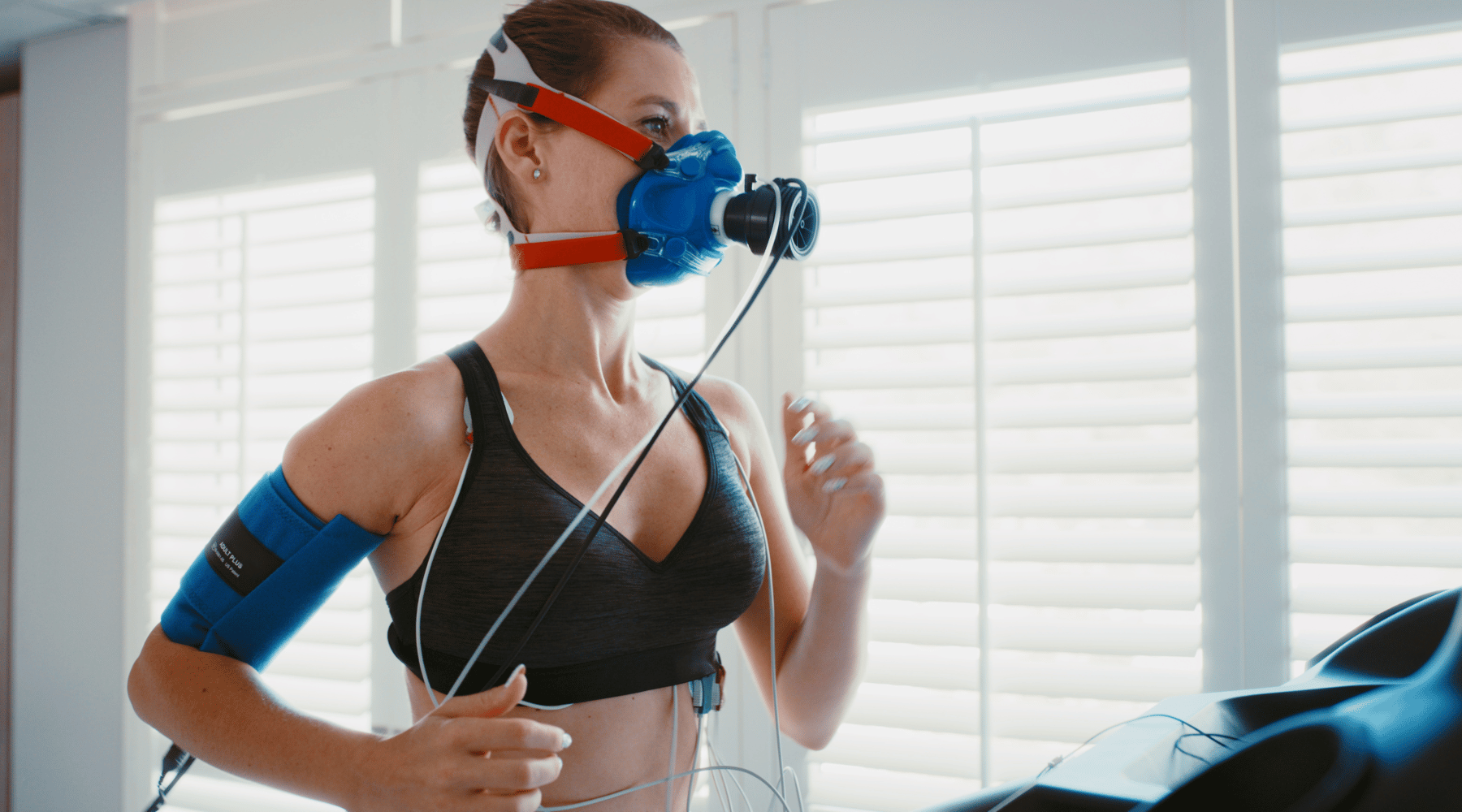Each week, OMRF Chief Medical Officer Dr. Judith James opens “Adam’s Journal” to answer a medical question from Adam Cohen, OMRF’s senior vice president & general counsel.
Adam’s Journal
I read recently that a fitness measurement called VO2 max is also a strong predictor of longevity. What is VO2 max, and can it really help tell how long we’ll live?
Dr. James Prescribes
VO2 max is a measure of the fitness of your heart and lungs. Specifically, it represents the maximum rate at which you can use oxygen. The more oxygen your body can use, the better your heart and lung fitness – and the higher your VO2 max.
To gauge VO2 max, physiologists traditionally had participants wear a mask hooked to a machine while exercising on a stationary bike or treadmill at high intensity. Smartwatches now also can measure VO2 max during routine workouts, although not as accurately.
A 2018 study in the Journal of the American Medical Association looked at more than 120,000 people and found that higher VO2 scores were associated with lower mortality from all causes. This mirrored similar findings published in Mayo Clinic Proceedings and the Journal of the American College of Cardiology, which, respectively, found that higher VO2 max predicted lower death rates in a five-year window and over the long term.
So, yes, there is evidence this measure of cardiovascular and respiratory fitness may also help predict longer life.
While the data indicated that the fittest people had the lowest mortality rates, they also showed significant differences between the least fit group (bottom 25%) and the next quartile (25 – 50%). If you were able to climb out of that bottom group, you cut your risk of death substantially.
In other words, you don’t need to be a world-class athlete to benefit from improvements in your VO2 max. And, happily, you can boost your score through physical activity, regardless of your age.
If you have heart disease or other health issues, consult your healthcare provider before increasing your activity levels. Otherwise, you can choose among many strategies for improving your cardiovascular and aerobic fitness. The key is finding activities you enjoy, doing them regularly in a way that incorporates both moderate and, occasionally, more intense exertion, and then sticking with them over time.
–
Do you have a health query for Dr. James? Email contact@omrf.org and your question may be answered in a future column!



